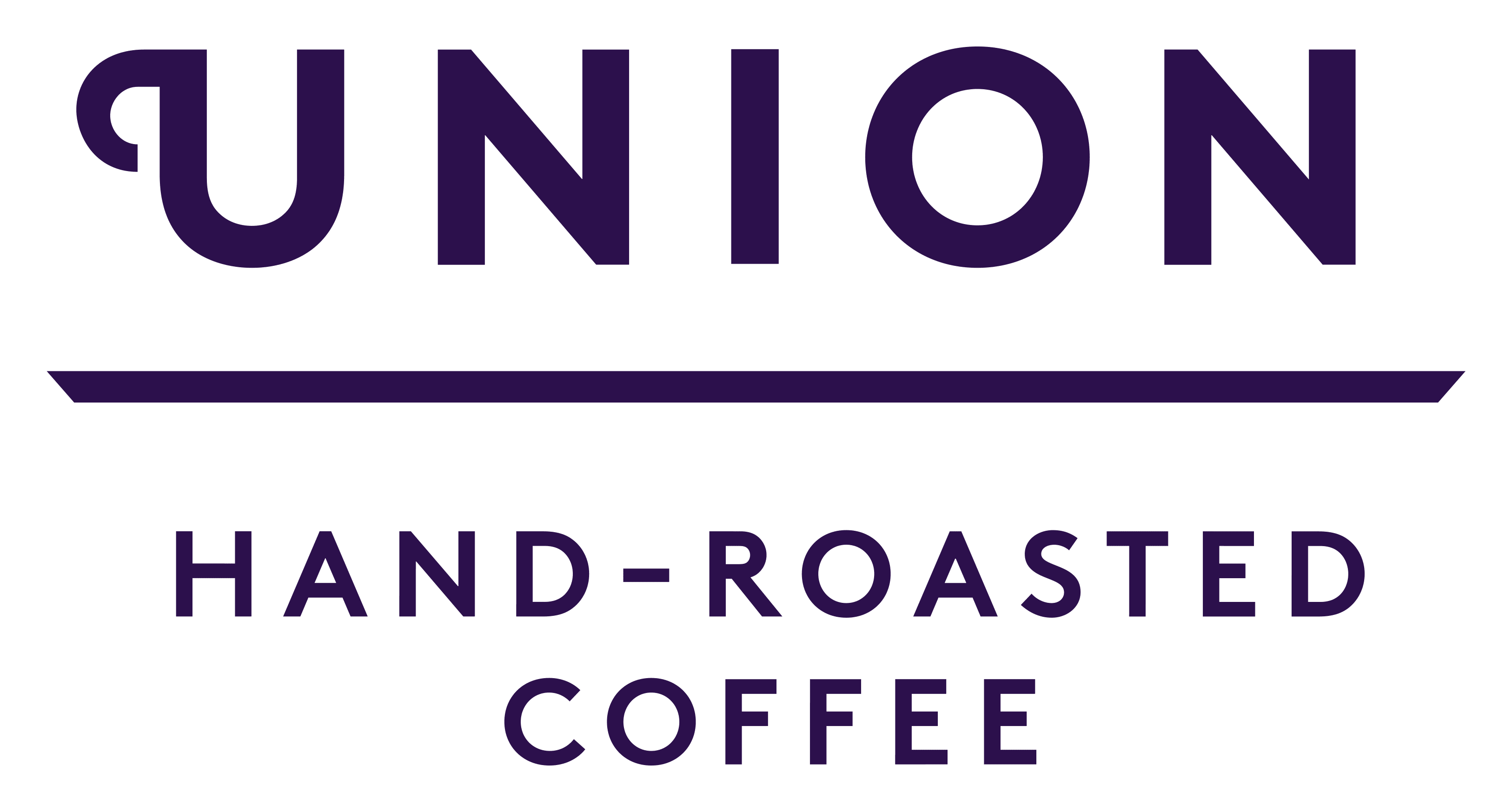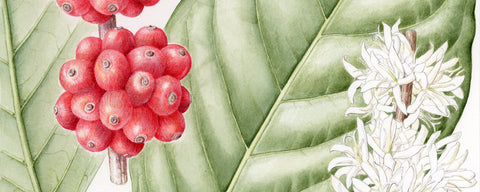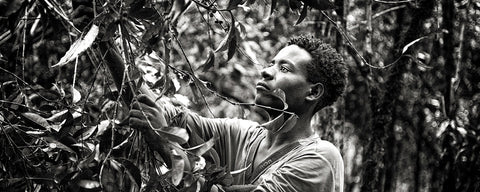From producers to drinkers, coffee means so many different things to so many different people. It’s energy, celebration, livelihood, friendship, joy and so much more.
That’s why, for this year’s International Coffee Day - we’re celebrating the entire coffee ecosystem and the connections that coffee allows us to make around the world. Namely, thank you to Marvin Rodriguez who has grown something special for you to enjoy as you celebrate International Coffee Day.
 Introducing Campus #4. This natural processed coffee is the fourth in our Campus series and is a celebration of diversity, hailing from Costa Rica. This small Central American country produces just 1.5% of the world’s Arabica coffee. As a comparison, Brazil grows roughly 40% of all Arabica. That makes this coffee from Costa Rica special.
Introducing Campus #4. This natural processed coffee is the fourth in our Campus series and is a celebration of diversity, hailing from Costa Rica. This small Central American country produces just 1.5% of the world’s Arabica coffee. As a comparison, Brazil grows roughly 40% of all Arabica. That makes this coffee from Costa Rica special.
We’ve sat down with Pascale Schuit, our Sustainable Sourcing Manager, about Campus #4, the farm and naturals.

Tell us about the farm and farmer...
I met Marvin in 2012 on my second origin trip to Costa Rica. I visited Helsar de Zarcero, the wet mill where Marvin processes the coffee from his farm, Los Anonos. The wet mill was set up in 2004 during the early stages of the micro-mill revolution in Costa Rica. Ricardo Perez and Marvin Rodriguez had a clear vision: to produce high-quality coffee whilst advocating environmentally sustainable practices.
What I noticed during that first visit was a lot of passion, knowledge and eagerness for innovation. For example, Helsar de Zarcero, has been innovating and experimenting with organic cascara (the dried skin of coffee cherries) as well as the mill also being focussed on becoming carbon neutral. A couple of years ago, Marvin started experimenting with honeys and naturals. We’ve had some delicious honey processed coffees from Los Anonos in the past, but we were never able to lay our hands on one of his naturals. Luckily for us (and you!), we’ve managed to get some.

Why did Union pick natural coffee for the Campus series?
The majority of coffees we drink are washed. From supermarkets to many standard service coffees selected by cafes and restaurants, you’re likely to be drinking washed coffee. As a process, it’s quicker and often much less risky.
Naturals, on the other hand, are harder to come by. They’re often only found in speciality coffee shops or sold by speciality roasters. Through the Campus series, we want to showcase the best of the limited edition coffees that our producer partners produce. Natural coffees are special in their own right but are even more remarkable when grown with such passion and care.
Where does the natural process originate from?
The roots of the natural process are believed to date back thousands of years and have origins in Ethiopia. That’s a long time – no wonder it’s considered to be the oldest processing method. Over time, the washed processing method has become much more popular. Instead of drying the seed in the fruit (natural), the seed is taken out of the bean and then dried (washed). Fermentation and water are used to remove the seed, hence the name: washed coffees. The general opinion was that a washed coffee yields a cleaner and more balanced cup with fewer defects.
Around 15 years ago, coffee producers outside Ethiopia started experimenting with the natural process. They quickly realised that when a natural process is done well (ie. mature cherries only and careful drying) the cup can be very clean and balanced AND have a very intense sweetness combined with complex acidity.

What about the terroir?
Terroir is what distinguishes one coffee from another. It’s all about the amount of sunlight, wind, rain, and the type of soil that distinguishes coffee from region to region. How a farm chooses to process the coffee then adds another element.
Seeing farmers experiment and innovate with different varieties and processes is extremely exciting. It ensures constant diversity in the coffee that’s grown and with that, more and more exciting flavours to explore and enjoy.
What can we expect from the flavour of naturals?
Personally, I love natural coffees. There is a lot of depth of flavour. A well processed natural coffee has several flavour layers with the perfect balance between sweetness and acidity. A good natural is clean, sweet and balanced, with some booziness or “funkiness” to it. Finding such a coffee on a cupping table is always a treat!
It’s believed that during the drying stage of the natural process, the coffee cherry absorbs the sugars in the mucilage that surrounds it. In all honesty, I don’t know if this is exactly how it works but natural coffee definitely has a sweetness that is rarely found in a washed coffee.
There’s a whole spectrum of flavours between naturals and washed. Exploring these flavours is what excites me about coffee.
So, besides being delicious - are there any other benefits to natural coffee?
The natural process is a very rustic process and is considered much more environmentally friendly. First, there’s no water involved in the process which is a benefit in itself. On top of that, this means there is also no wastewater. The coffee is sundried and then no machines that need electricity are used in the process.
Do you have any final thoughts?
Coffee starts its life as a fruit and goes on a long journey before it ends up in your cup. Sadly, COVID-19 has had a huge effect on everyone and profound one on the coffee industry. Whether you’re a farmer or wholesaler, barista or roaster, or even coffee-drinker at home – COVID-19 has affected every single actor in the coffee value chain. Therefore, in these difficult times, it’s more important than ever to keep supporting your local coffee shops, roasters and the farmers who grow your coffee.
Campus #4 is available now. Try it out and let us know what you think. Don’t forget – it’s limited edition so get it while you can!



